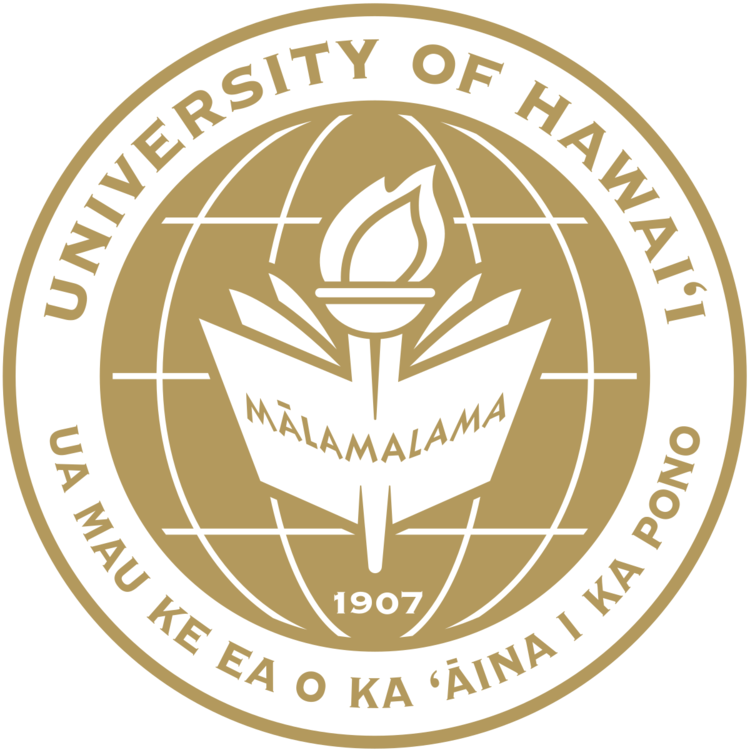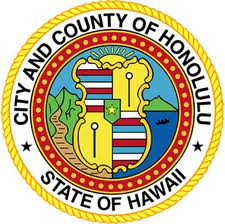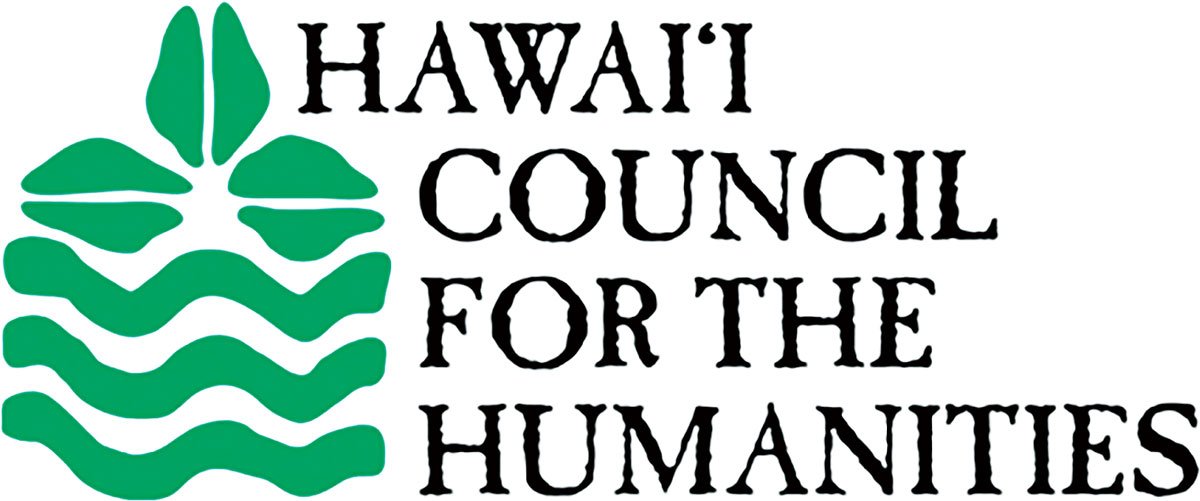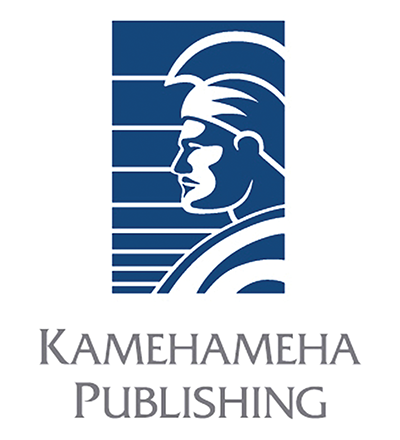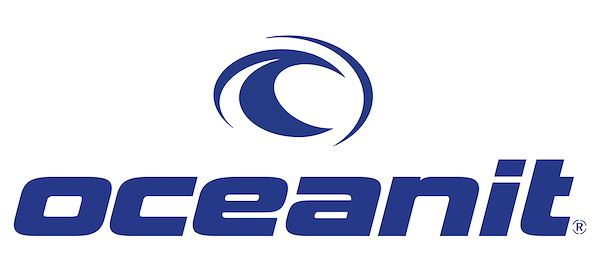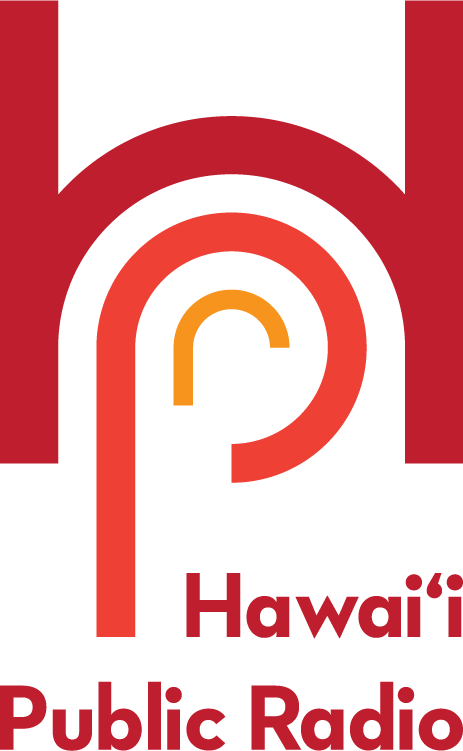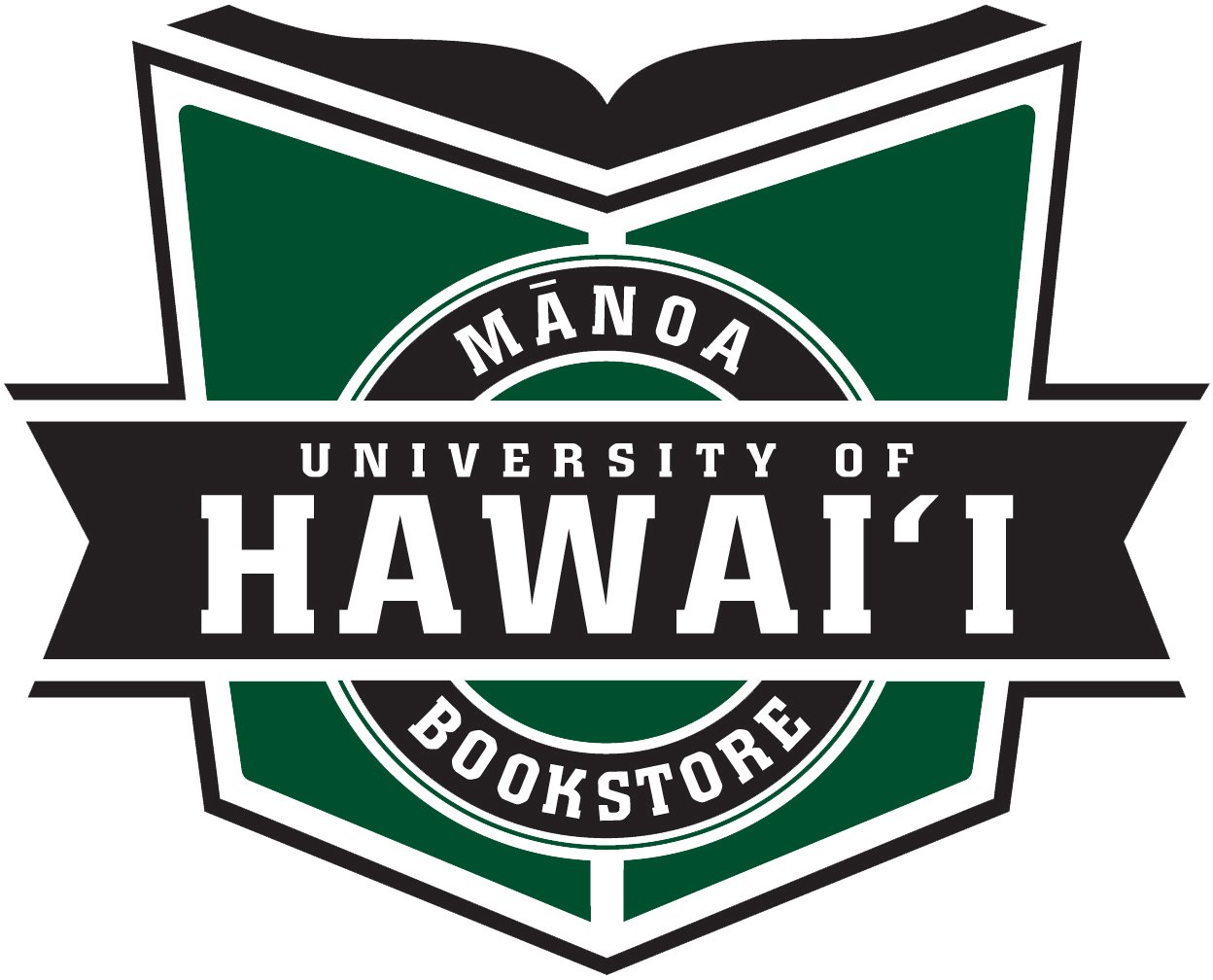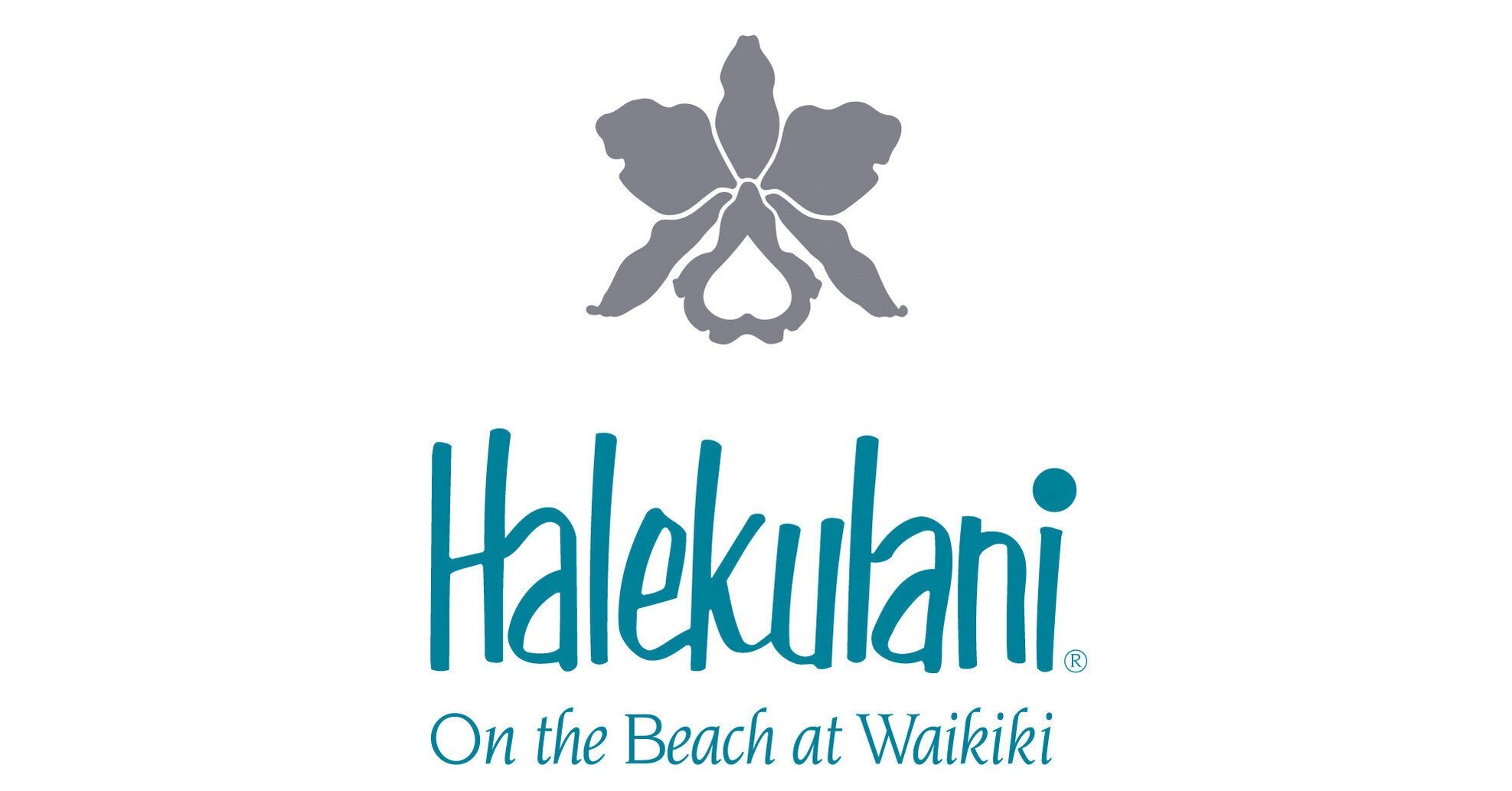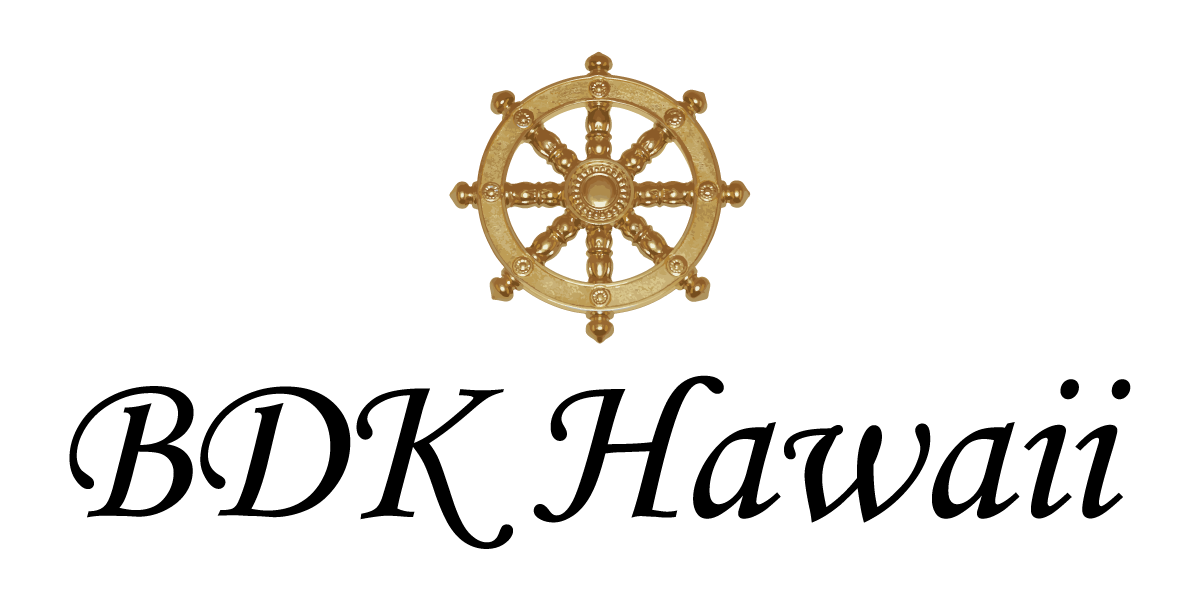ALANA HAWAIIAN CULTURE PROGRAM
10 a.m.-5 p.m. Sunday May 7
Emcee, Nanette Napoleon
10 AM
A History of Hawaii
Revised and updated, the third edition of A History of Hawai‘i is a comprehensive account of Hawai‘i’s modern history. Aligned with the C3 standards, it features greatly expanded coverage of Hawaiian cultural and political movements and biographies of many cultural practitioners. Coverage goes up to 2016 with discussions of education, homelessness, rail, and sovereignty. In particular, this edition expands on the importance of the Native Hawaiian presence in each period of Hawai‘i's full and rich history.
Linda Menton
Dr. Linda Menton is professor emerita of education, University of Hawai‘i at Mānoa, where she worked at the Curriculum Research & Development Group. She is the co-author of three award-winning high school history texts, including A History of Hawai‘i. She is a co-editor of the Hawaiian Journal of History.
https://www.hawaiianhistory.org/
Leah Tau-Tassil
Leah Tau-Tassill is the lead author of the book A History of Hawai‘i, 3rd edition. She conceptualized and wrote the new sections of this text, including many activities that align with the C3 standards for social studies. She is a teacher at the University Laboratory School.
http://universitylaboratoryschool.org/
Lori Ward, Mod.
Lori Ward is the managing editor at the Curriculum Research & Development Group, University of Hawai‘i at Mānoa. She has been producing K–12 curriculum materials as a writer and editor for fifteen years in a variety of subject areas, including history of Hawai‘i, marine science, mathematics, and Hawaiian culture.
11 AM
David Malo’s Mo‘olelo Hawai
Noelani Arista
Noelani Arista is an Assistant Professor of Hawaiian and American History at UH Manoa. Her areas of expertise include governance, colonial and indigenous history, translation and research in Hawaiian language archives. Her dissertation, "Histories of Unequal Measure: Euro-American Encounters With Hawaiian Governance and Law 1793-1827," won the prestigious Allan Nevins Prize from the Society of American Historians for the best dissertation written on an American Subject in 2010. Last year Professor Arista was a post-doctoral fellow at the University of Pennsylvania (UPENN) at the McNeil Center for Early American Studies. Her research has been supported by fellowship from the Mellon Foundation, the Woodrow Wilson Foundation, and the Native American Program at Dartmouth University.
Charles Langlas
Charles (Kale) Langlas is retired from the College of Hawaiian Language, University of Hawaii at Hilo. He lived on the Island of Hawai‘i for many years.
Kapali Lyon, Mod.
Kapali Lyon is Acting Chair, Department of Religion, University of Hawai‘I at Mānoa, and Senior Editor, Palapala–A journal for Hawaiian Language and Literature, the subject of one 2017 Alana Hawaiian Culture panel. In a prior life he was a software engineer for Hughes Aircraft Corp., and a financial software developer for a major financial firm, before getting an MA in Hawaiian language and literature at the University of Hawai‘i at Hilo, and a PhD in Near Eastern languages and literature at UCLA. His two-volume study and translation of David Malo’s Mo’olelo Hawai’I (with Kale Langlas, with a biography of Malo by Noelani Arista), to be published by the University of Hawaii Press, is the subject of another panel in this 2017 Alana Hawaiian Culture Program.
NOON
Hawaiian Language Research and Translation Institute
U‘ilani Au
‘Ano‘ilani Aga
Kilika Bennett
Paige Okamura
Puakea Nogelmeier, Mod.
1 PM
Palapala A journal for Hawaiian language and literature
Palapala publishes scholarly, refereed articles on the full range of topics in the field of Hawaiian language:
· New research in Hawaiian language and literature
· Reviews of new work related to Hawaiian
· Critical reviews of older, standard works of reference
· Transcriptions and reprints of older materials
· Problems and guidelines in interpretation
· Analysis of Individual texts, genres, authors, schools, and periods
· Comparative Polynesian literature
· Education in Hawaiian language and literature
· Use of Hawaiian texts in different fields
The journal will also include reviews of any significant technologies relating to research in Hawaiian language and literature as well as book reviews and reports on the state of Hawaiian literature publications, courses, personnel, projects and more
Jane Lokoma‘ikai Au
UH Mānoa graduate student Jane Au serves as managing editor of Palapala.
Keola Donaghy
Keola Donaghy the faculty coordinator of Music Studies and the Institute of Hawaiian Music at the University of Hawai‘i Maui College. He serves on the Board of Governors of the Hawai‘i Academy of Recording Arts and PBS Hawai‘i. He holds a Bachelor of Arts in Hawaiian Studies and Master of Arts in Hawaiian Language and Literature from UH-Hilo, and a Ph.D. in Music from the University of Otago in Dunedin, New Zealand.
Kiele Gonzalez
Kiele Gonzalez serves as copy editor of Palapala. She is a Kamehameha Publishing Hawaiian-language publishing specialist. She collaborated with her mother Leimoni Akana on the 2016 book Hānau ka Ua: Hawaiian Rain Names. They are working on a sequel, Hānau ka Makani: Hawaiian Wind Names.
Kapali Lyon, Mod.
Kapali Lyon is Acting Chair, Department of Religion, University of Hawai‘I at Mānoa, and Senior Editor, Palapala–A journal for Hawaiian Language and Literature, the subject of one 2017 Alana Hawaiian Culture panel. In a prior life he was a software engineer for Hughes Aircraft Corp., and a financial software developer for a major financial firm, before getting an MA in Hawaiian language and literature at the University of Hawai‘i at Hilo, and a PhD in Near Eastern languages and literature at UCLA. His two-volume study and translation of David Malo’s Mo’olelo Hawai’I (with Kale Langlas, with a biography of Malo by Noelani Arista), to be published by the University of Hawaii Press, is the subject of another panel in this 2017 Alana Hawaiian Culture Program.
2 PM
A Conversation
Kika Kila: How the Hawaiian Steel Guitar Changed the Sound of Modern Music
Since the19th century, the distinct tones of kīkā kila, the Hawaiian steel guitar, have defined the island sound. Here historian and steel guitarist John W. Troutman offers the instrument’s definitive history, from its discovery by a young Hawaiian royalist named Joseph Kekuku to its revolutionary influence on American and world music. During the early20th century, Hawaiian musicians traveled the globe, from tent shows in the Mississippi Delta, where they shaped the new sounds of country and the blues, to regal theaters and vaudeville stages in New York, Berlin, Kolkata, and beyond. In the process, Hawaiian guitarists recast the role of the guitar in modern life. But as Troutman explains, by the 1970s the instrument’s embrace and adoption overseas also worked to challenge its cultural legitimacy in the eyes of a new generation of Hawaiian musicians. As a consequence, the indigenous instrument nearly disappeared in its homeland.
John Troutman
John W. Troutman was associate professor of history at the University of Louisiana at Lafayette, before recently being named the new curator of music at the Smithsonian’s National Museum of American History in Washington, D.C.
Alan Akaka
Alan Akaka is from a family whose roots are deep in Hawaiian music. His father, U.S. Senator Daniel K. Akaka and former director of the famous Kawaiaha‘o Church Choir, played an important role in Alan’s music development. His music foundation was further expanded at Kamehameha Schools and the University of Hawai‘i. Kumu (teacher) Akaka founded and directed the Kamehameha Middle School Na ‘Opio Singers and Ensemble. He was the director for the Performing Arts Academy at Kamehameha for 16 years.
Alan has created his own steel guitar sound and style, incorporating styles from the masters of steel – David Rogers, Benny Rogers, Jules Ah See, Billy Hew Len, David Keli‘i, Jake Keli'ikoa, and Jerry Byrd (who was his teacher).
As recording artist and leader of “The Islanders” Alan travels throughout the world as an entertainer and guest soloist perpetuating Hawaiian music while gaining renewed interest in the unique, lilting sound of the steel guitar. He plays weekly at the Waikiki Beach Marriott Resort and Duke’s Waikiki.
John Berger, Mod
John Berger is an entertainment columnist at the Honolulu Star Advertiser, and authorized editor of the revised Hawaiian Music and Musicians by George Kanahele.
3 PM
Ho’i Hou ka Mauli Ola: Pathways to Native Hawaiian Health (Hawai 'inuiākea)
This pioneering collection highlights the historic, groundbreaking, and fascinating work done by doctors, researchers, and healthcare providers to improve the life of Native Hawaiians and Pacific Islanders. The relevance of their work impacts all of us regardless of ethnicity because the discoveries made in the search for solutions to health problems, cures to diseases, and improvements to healthcare benefit all who call Hawai‘i, as well as the broader Pacific, home.
The majority of the thirty-three contributors are affiliated with the Department of Native Hawaiian Health of the John A. Burns School of Medicine at the University of Hawai‘i at Mānoa and represent many disciplines, strategies, and programs whose research, findings, and projects are built on the contributions of pioneers in medicine and healthcare in Hawai‘i. As such, this book is dedicated to the late Richard Kekuni Blaisdell and includes an interview with him, bringing to the fore his essential voice on Native Hawaiian health.
Kalani Brady, MD, MPH.
UH John A. Burns School of Medicine Department of Native Hawaiian Health
Subject focus: Serving the health needs of Kalaupapa patients through 2 decades and 2 saints
Claire Townsend Ing, Dr.P.H.
UH John A. Burns School of Medicine Department of Native Hawaiian Health
Subject focus: Empowering and Involving Hawaiian and Pacific communities in research
Martina Kamaka, MD
UH John A. Burns School of Medicine Department of Native Hawaiian Health
Subject focus: Cultural competency training for future physicians
Mele Look, MBA
Mele Look is Director, Community Engagement, Center for Native and Pacific Facility Health Disparities Research. She facilitates collaboration for research, training, and funding with the Ulu Network, a collective of 34 organizations serving Native Hawaiians and other Pacific People across Hawai‘i and the continental U.S. She has been involved in Native Hawaiian health research for over 25 years, pioneering studies in the area of Native Hawaiian mortality and recently has been focusing on initiatives that merge cultural practices and health objectives.
Winona Meson-Lee, MD
UH John A. Burns School of Medicine Department of Native Hawaiian Health
Subject focus: Reflections of the journey to become a Native Hawaiian Physician.
4 PM
One Place, Two Stories
Can They Connect?
Manulani Meyer
Manulani Aluli Meyer is a cultural practitioner coming home after 25 years in Hilo and 5 years in Aotearoa, New Zealand. She is world-wide Indigenous scholar dedicated to expanding views of epistemology to better address the needs of our time. She earned her doctorate (Harvard,1998) on the topic of Hawaiian epistemology and has published on the topic in a variety of locations. She is now the Director of Indigenous Education at UH West Oahu.
She is the author of Ho'oulu: Our Time of Becoming - Hawaiian Epistemology and Early Writings.
Katrina-Ann R. Kapā‘anaokalāokeola Nākoa Oliveira
Katrina-Ann R. Kapā‘anaokalāokeola Nākoa Oliveira is an associate professor of Hawaiian language and director of Kawaihuelani Center for Hawaiian language at University of Hawai‘i at Mānoa, where she also earned a doctorate in geography. Her research interests include Kanaka geographies, epistemologies, language acquisition methodologies, experiential learning curricula, and environmental kinship. She is the author of Ancestral Places: Understanding Kanaka Geographies.
Erin Kahunawai Wright
Erin Kahunawaika‘ala Wright grew up at a time Hawaiian language, culture, and love of nature weren’t valued. In the 1980s, living in the rainforest ecosystem near Kīlauea volcano, she discovered the landscape of Hawai‘i, within and without, and reconnected with her deep roots. She is now a professor of Hawaiian language at Kapi‘olani Community College and author of Learn Hawaiian at Home, The Illustrated Hawaiian Dictionary, and Rainforest Pu‘uhonua. She is a co-editor of A Nation Rising: Hawaiian Movements for Life, Land, and Sovereignty, and Kanaka ‘Ōiwi Methodologies: Mo‘olelo and Metaphor.
Craig Howes, Mod.
Craig Howes is Director of the Center for Biographical Research, Co-Editor of the journal Biography: An Interdisciplinary Quarterly, and Professor of English at the University of Hawai‘i at Mānoa. In 2010, he co-edited with Jonathan K. Kamakawiwo'ole Osorio The Value of Hawai‘i: Knowing the Past, Shaping the Future. President of the Hawai'i Literary Arts Council and a former board member of Kumu Kahua Theatre, he is currently President of Monkey Waterfall Dance Theatre Company.
